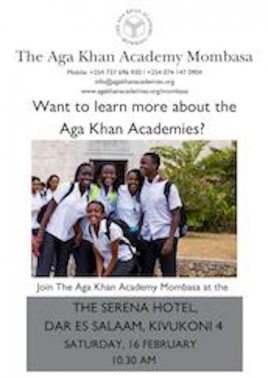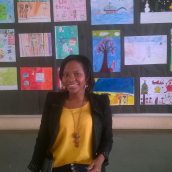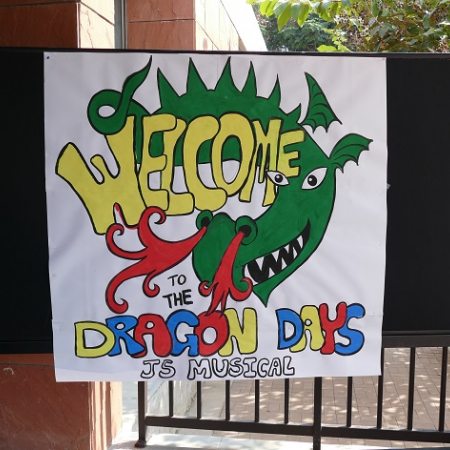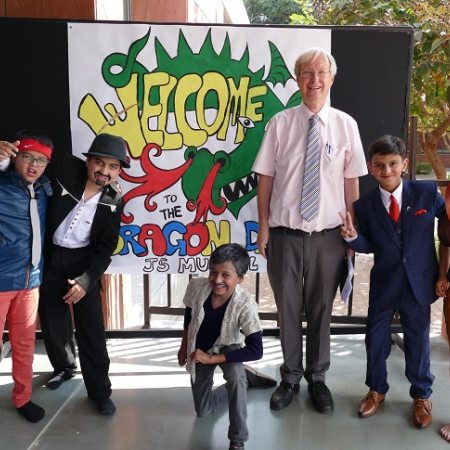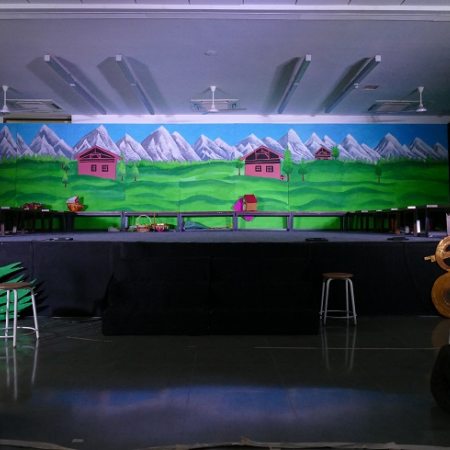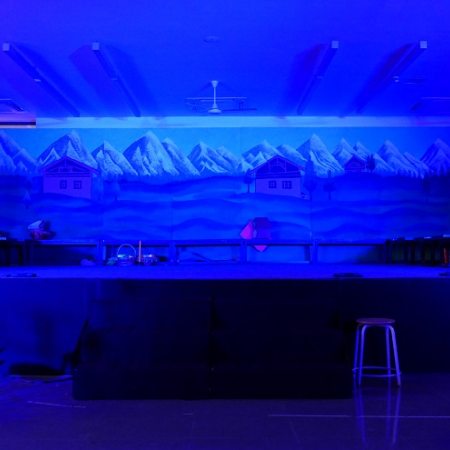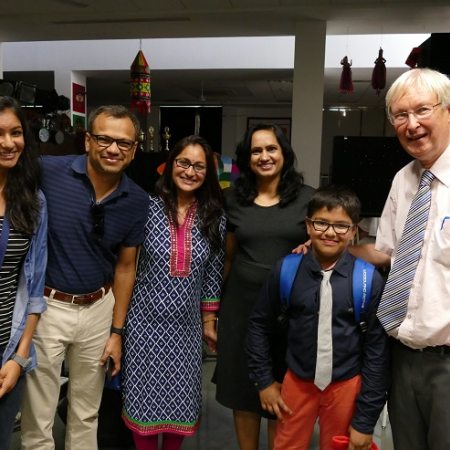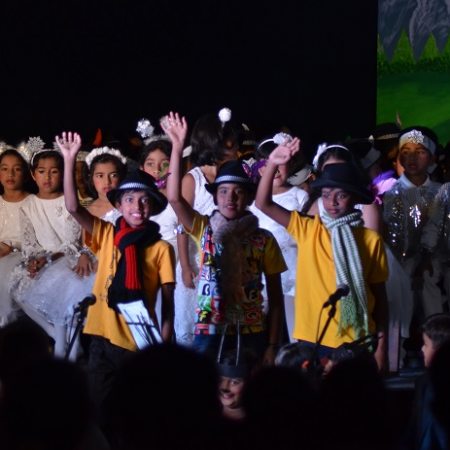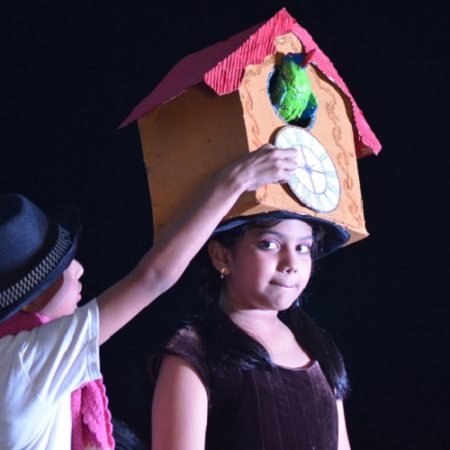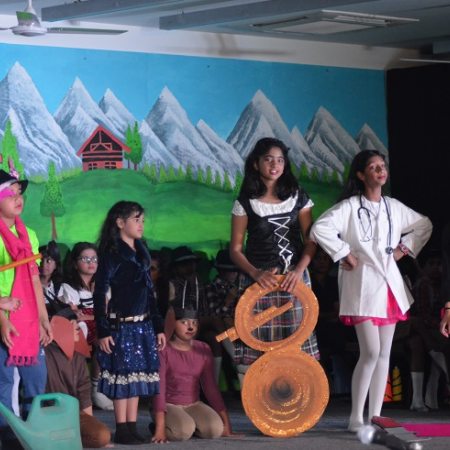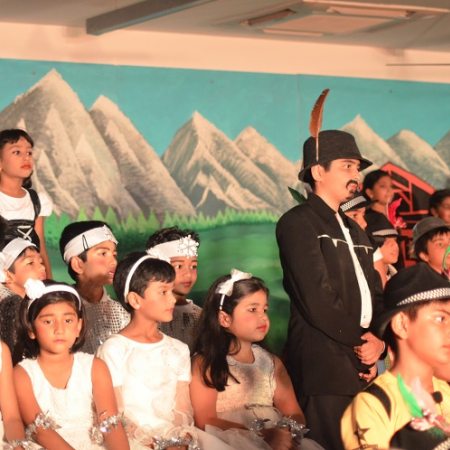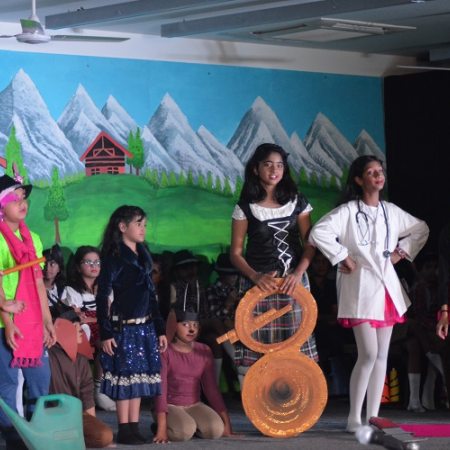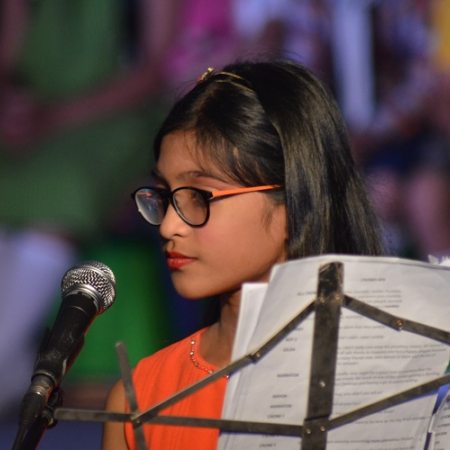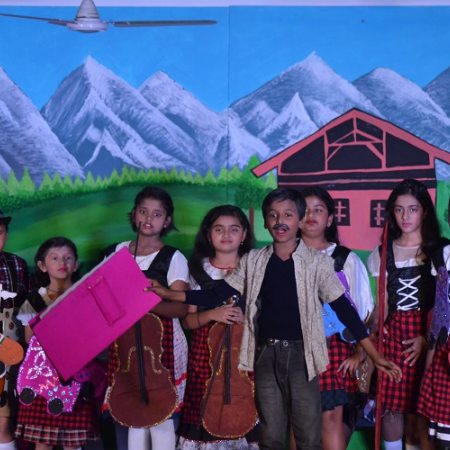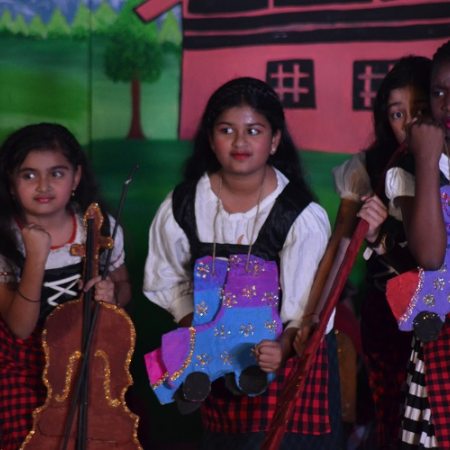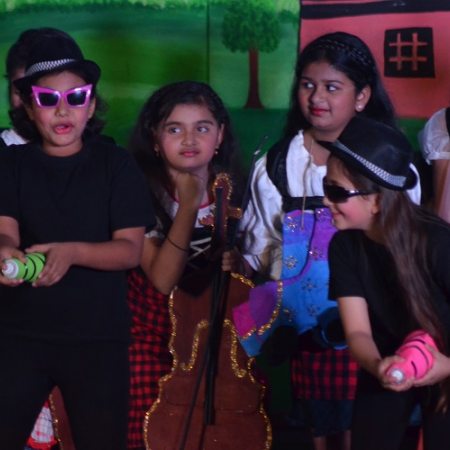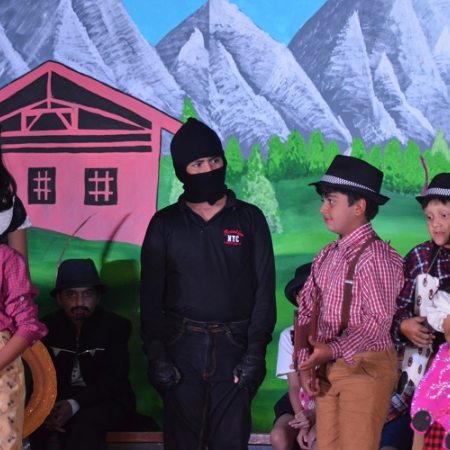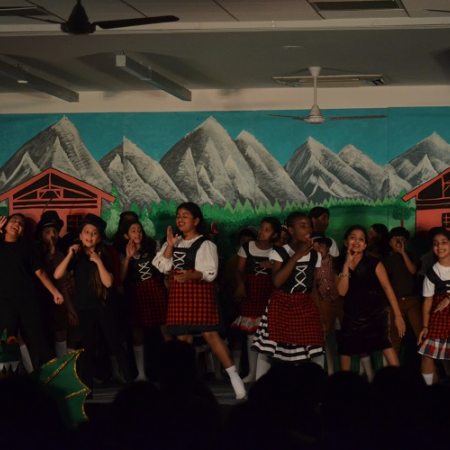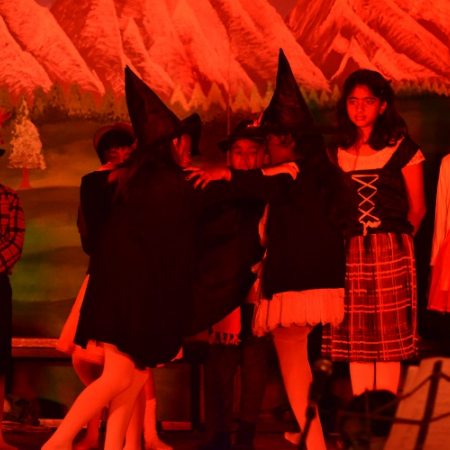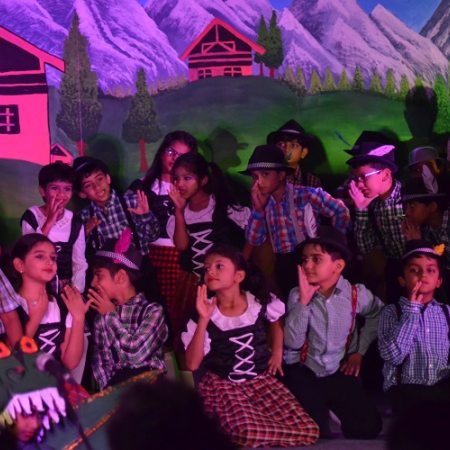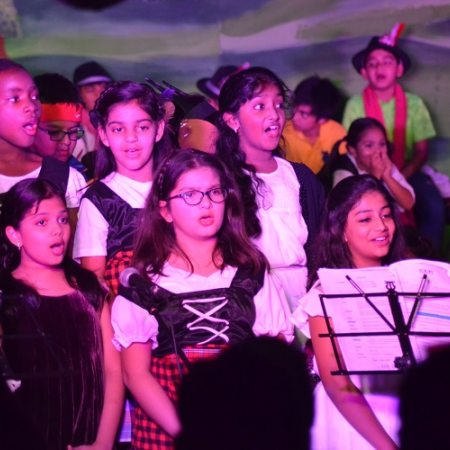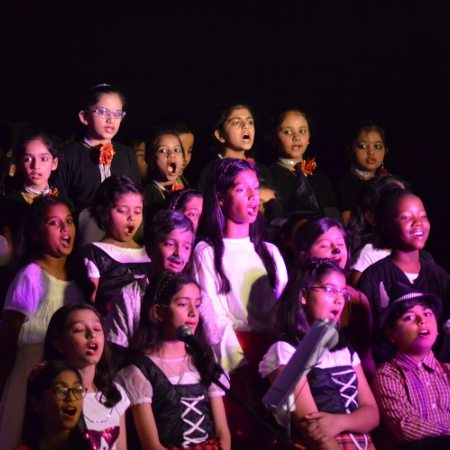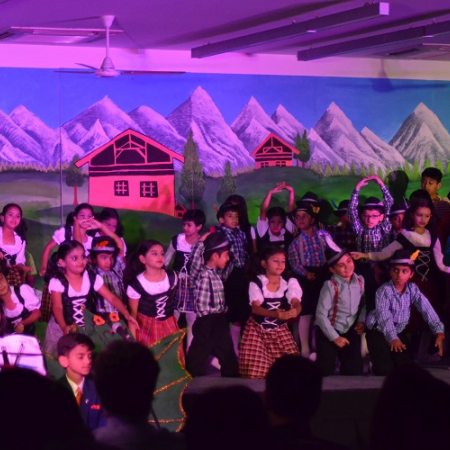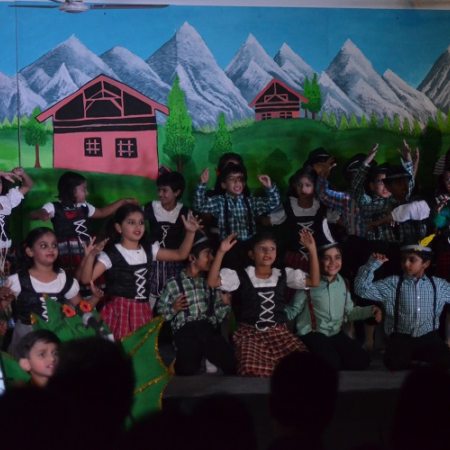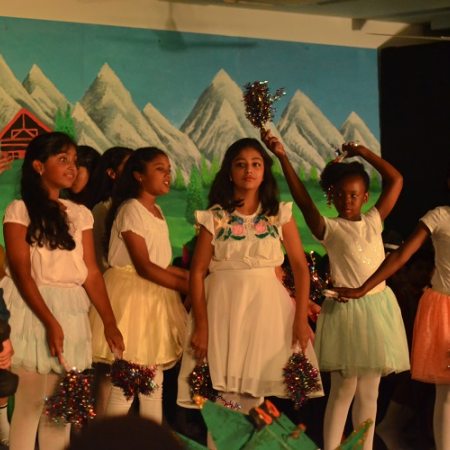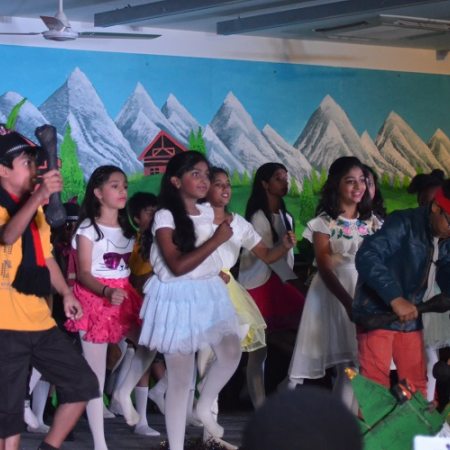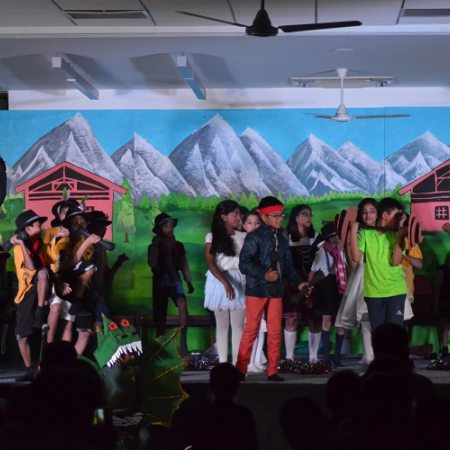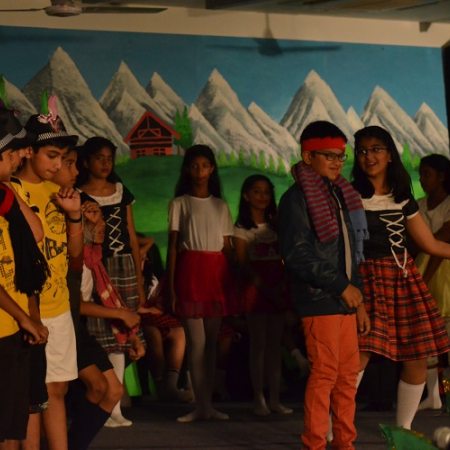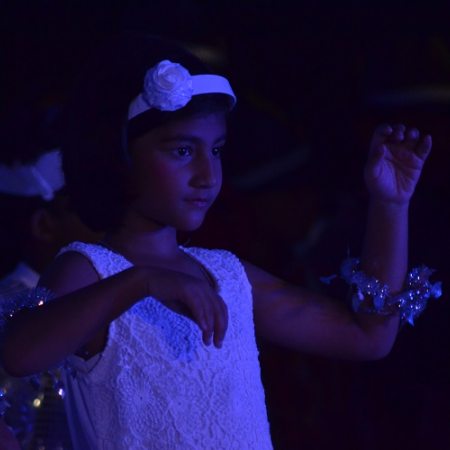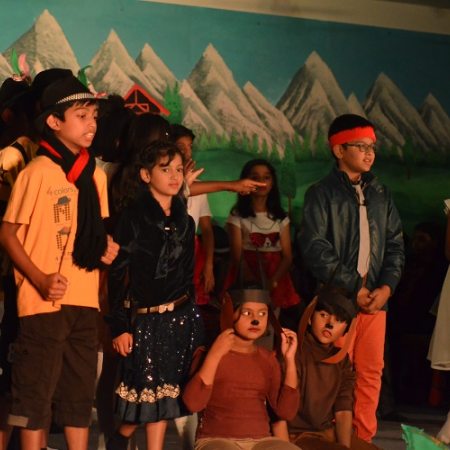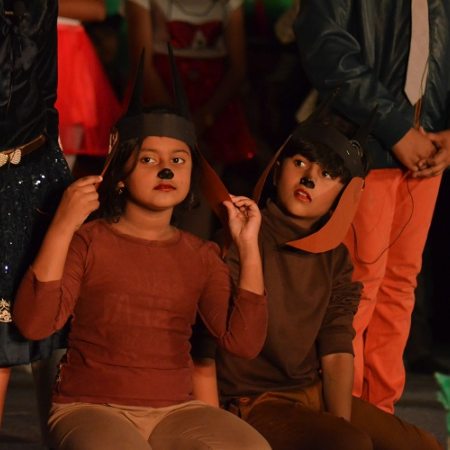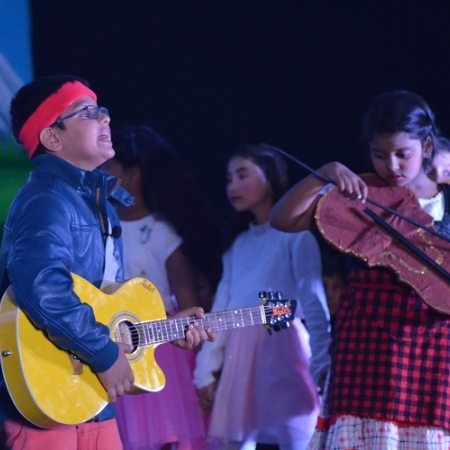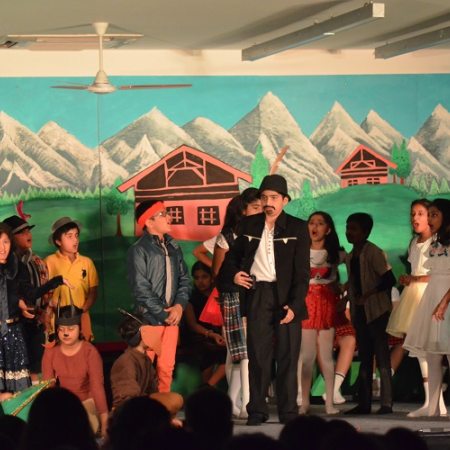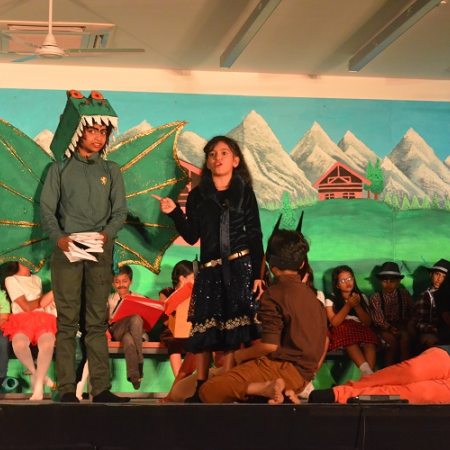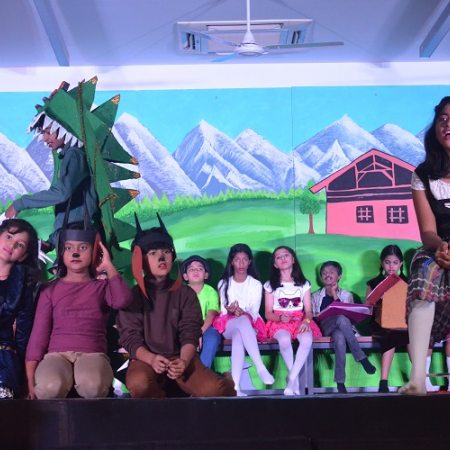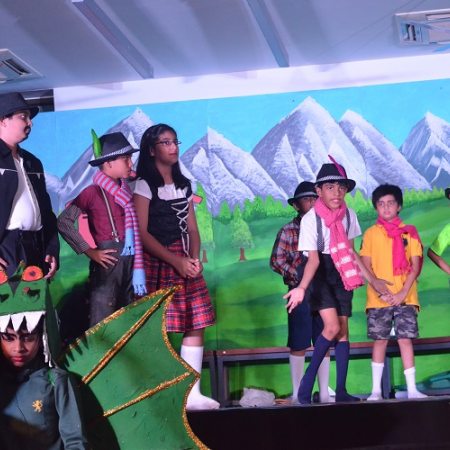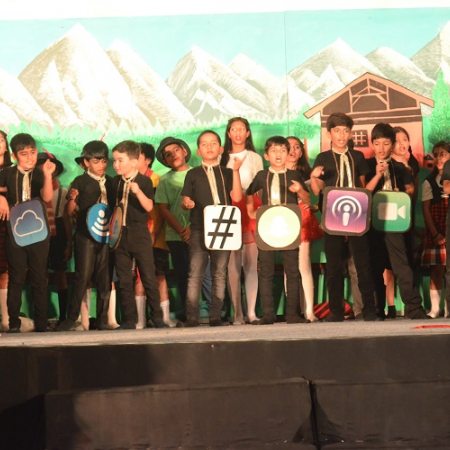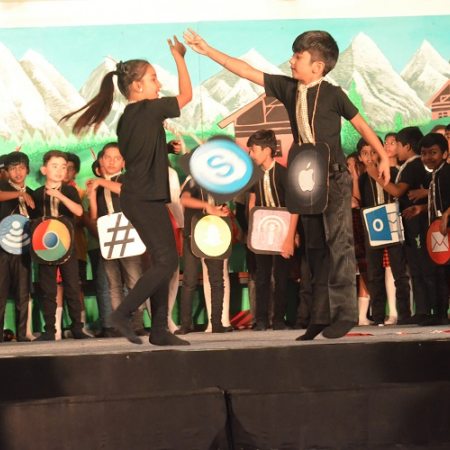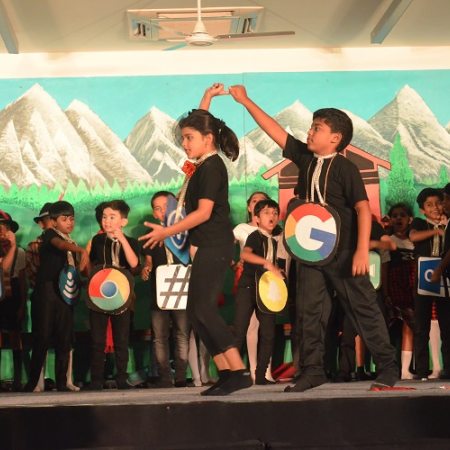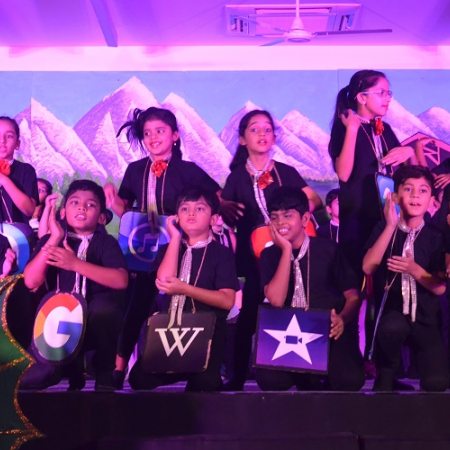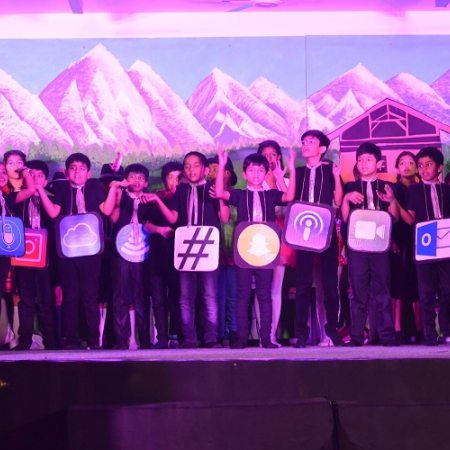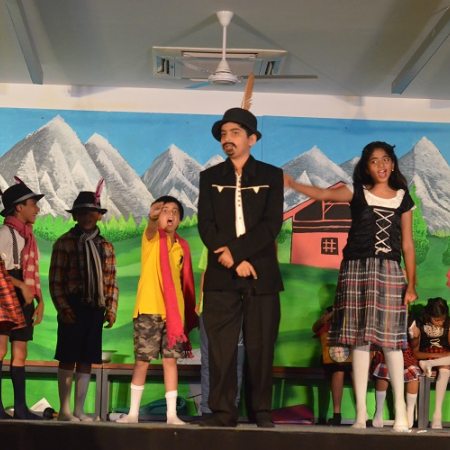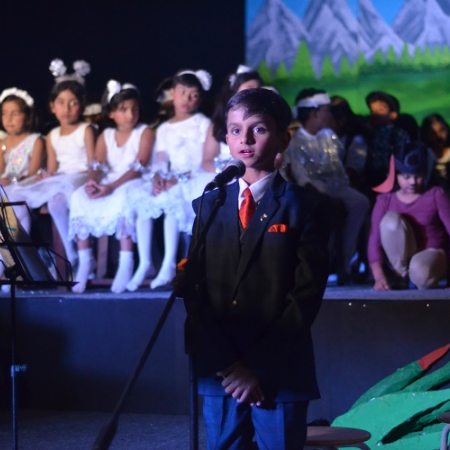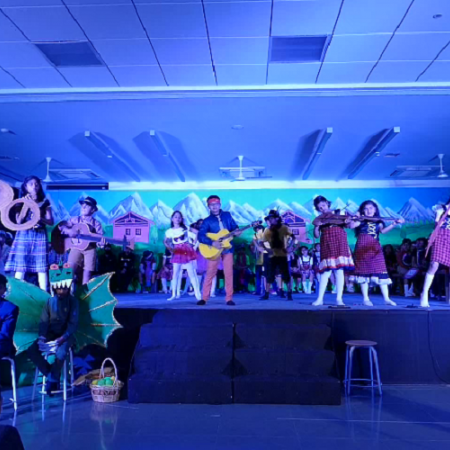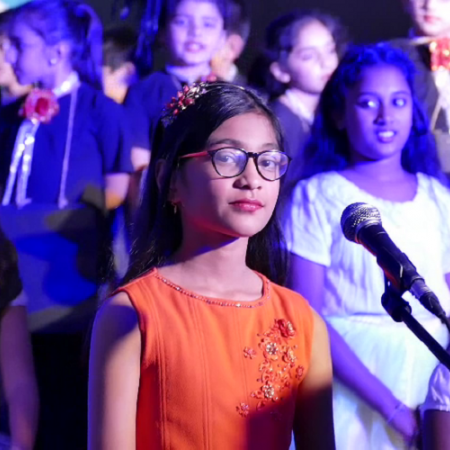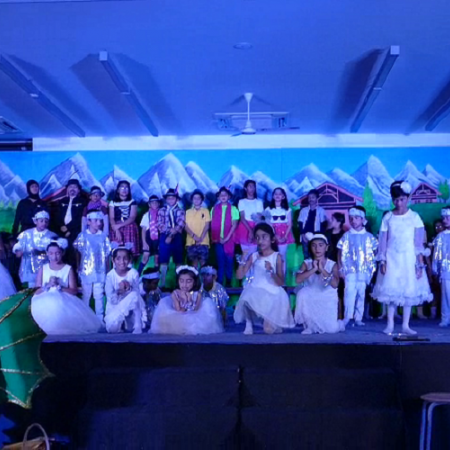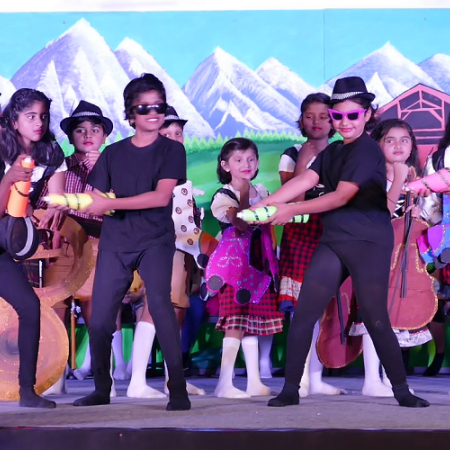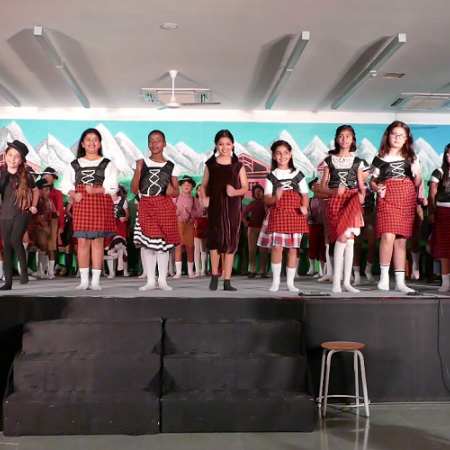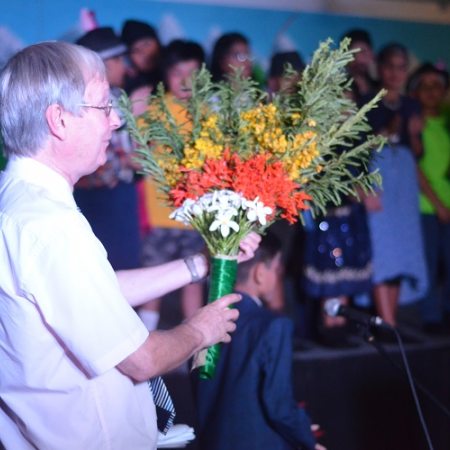News
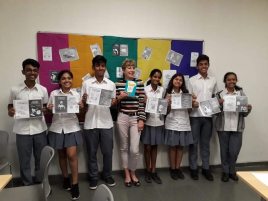
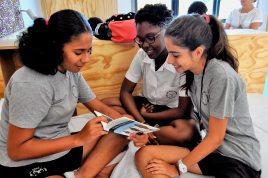
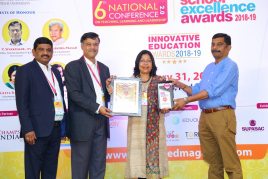
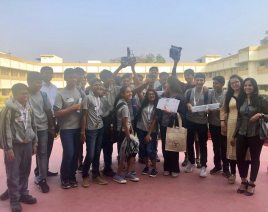
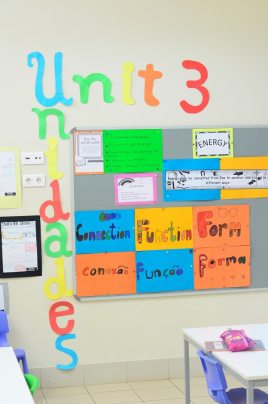
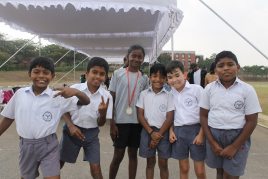
Pages
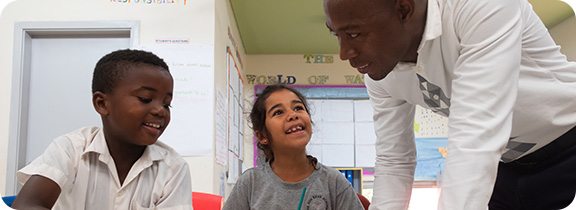
Admission Requirements
Choosing a school is an important decision in a child's and parent's life. We are here to help and answer any questions you might have.
We currently welcome enquiries of students for our Nursery, Junior and Senior School.
Our programmes are based on the principles and practices of the International Baccalaureate. The admission requirements for the Academy's programmes, including language requirements, are outlined below.
For the Aga Khan Academy Maputo, the admissions process can be followed in either English or Portuguese.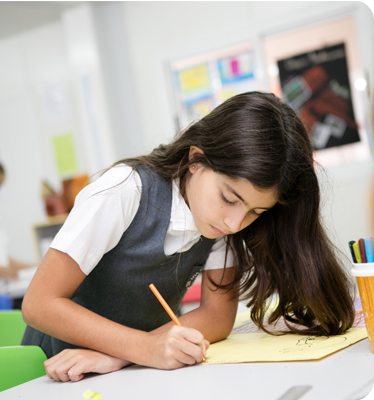 Admission is competitive and based on student merit, regardless of a family’s ability to pay. The Academy endeavours to meet the demonstrated financial need of each admitted student.
Admission is competitive and based on student merit, regardless of a family’s ability to pay. The Academy endeavours to meet the demonstrated financial need of each admitted student.
Nursery School
Kindergarten 1, 2 and 3: Early Years Programme
Students entering Kindergarten 1 must be 3 years of age by the 31st of August of the year of entry.
All prospective students must demonstrate the potential for high achievement. Each applicant will participate in a variety of assessment exercises.
Students may enter the nursery section without a strong prior knowledge of one of the languages of instruction, English or Portuguese.
Junior School
Grades 1–5: Primary Years Programme (PYP)
Students entering Grade 1 will ideally have completed at least three years of nursery school and must be 6 years of age by the 31st of August of the year of entry.
All prospective students must demonstrate a potential for high academic achievement and competency in literacy and numeracy. Each applicant will participate in a variety of assessment exercises.
Students may enter the first three years of the PYP without a strong prior knowledge of one of the languages of instruction, English or Portuguese. However, in the last three years of the PYP, students must have a basic level of proficiency in both languages before they may be admitted.
Senior School
Grades 6–10: Middle Years Programme (MYP)
All students applying for a place in the Senior School must have attained high scholastic achievement in their former educational institutions. They must also demonstrate a keen interest and participation in community service projects outside the classroom and/or extracurricular activities such as sporting activities, clubs, arts and music.
All prospective students must demonstrate a potential for high academic achievement and competency in literacy and numeracy at the school in addition to providing past student grade reports and certificates of achievement.
Grades 11–12: Diploma Programme (DP)
Applicants for the Diploma Programme must have demonstrated outstanding academic achievement as well as a record of active involvement in extracurricular and community service activities.
New students will not be accepted in the year of the Diploma exam
Applying to the Academy
For further information about admissions, please contact admissions.maputo@agakhanacademies.org.
Tanya Kakkade: Chasing Big Dreams
Limitless opportunity and a chance to excel can provide the motivation for even the young to do whatever it takes to improve their lives. Grade eight student Tanya Kakkade believes that her education and growth at the Aga Khan Academy, Hyderabad will enable her to pick and choose from the top universities in the world.
The attraction of those possibilities drove her to leave her previous school in Chennai and come to Hyderabad. “I’d always wanted to join a residential school, but the Academy hadn’t been built last year and no grade eight program. This school has a lot of opportunities once you finish; it has a good way of learning and gives you leadership qualities.”
She likes the fact that the AKA doesn’t just focus on education and career development but also on becoming well-rounded adults, encouraging students to participate in a number of activities. Tanya also enjoys being able to try new things at the school during her free time and participating in clubs that will help her in the future, including theatre and publications.
“I want to become a layer; I enjoy fighting for rights and arguing. I can imagine myself getting out of school and getting a lot of job offers or applying for top universities.”
While Tanya left her family behind in Chennai, she hasn’t felt that going to school in Hyderabad has been particularly challenging.
“The school is like a family, so you don’t always miss home [and] they never make us feel homesick. My parents miss me a lot but they say that it’s for [my] education and the AKA is the best school so [they] sacrifice a little fear for [my] good future.”
With her passion for human rights, it’s obvious that Tanya has the makings of a successful professional in the legal field. “I’ve not decided yet, but I’d like to become a business lawyer. I always wanted to go [overseas], maybe apply to a lot of universities and pick from the best.”
In Tanya’s mind, regardless of her future plans, her experiences at the Aga Khan Academy have begun to give her a foundation that she can be proud of.
University visits calendar
Click the link below to view or download the calendar of university visits and fairs for 2018-19.
Maria Atalia Matola: Exuding passion in her profession
From early on in her career, Atalia exhibited qualities of perseverance and courage toward achieving her dreams and receiving an education. Despite initially facing challenges in her plans to attend university, Atalia remained strong-willed and pursued her studies in teaching English at a teacher’s college in Maputo. The one-year intensive programme rewarded her with a teaching qualification for students from Grades 1–7 and ultimately, entrance into a university programme for English language teaching, which qualified her to teach at the secondary level as well. “After that one-year course, I realised that I really love teaching. When I get to the classroom it’s as if I’m connected to a socket. It just comes naturally – my communication with the students and delivery of the lessons,” she claims. Atalia taught for four years in both private and public schools before coming to the Academy.
During her programme at the teacher's college, she had the experience of teaching English to adults and was able to gain many skills, which she built upon and adapted during her time in Mombasa. She continues to search for new experiences and enjoys being stretched out of her comfort zone. As she has taught younger students and adults, she says, “I would like to challenge myself and teach teenagers.”
With bravery and a determined mindset, Atalia embraced the opportunity to teach at the Academy in Mombasa. Previously, Atalia was teaching at the Matolajhota school in Maputo, and frequently attended the Professional Development Centre (PDC) training and development sessions at the Aga Khan Academy Maputo, which is where she learned about the TPP. After a rigorous selection process, she was one of six individuals who were chosen to participate in the TPP.
Atalia experienced culture shock when transitioning from Maputo to Mombasa. The dressing style, the hospitality, the dominant religions and the culture are all very different from her hometown. She began to appreciate the cultural nuances and slowly adapted to the different social and cultural environments of the city, including the language. “I came to Mombasa thinking I have to work on improving my English, but I’ve also started learning Kiswahili!”
Not only was she exposed to a new culture and belief system, but Atalia also reflects upon the many lessons and skills she learned whilst in the classroom. She is always willing to grow, learn and unlearn, all in a bid to further develop her mindset and philosophy of teaching. “There are so many things that I learned here that I’m going to take in my luggage to Maputo…[especially] the inquiry-based learning, because here in the IB curriculum the student is at the centre of the learning, it’s not the teacher.” Atalia also feels that the collaborative learning approaches and the integration of the Aga Khan Academies' (AKA) Learner Profile attributes within the classroom make a large impact on the development of the child. “It makes a lot of difference…the way the students behave inside and outside the classroom really mirrors the AKA LearnerProfile.” She emphasises, “No doubt [my experience at the Academy] has made me a more effective teacher.”
Atalia has returned to Mozambique to teach at AKA Maputo. The language of instruction in Mozambique is normally Portuguese, but the Academy implements a dual-language approach and teaches in both English and Portuguese to ensure that students are fluent in both English, which is taught across the Academies network, and the language spoken in their national context. “I’m really passionate about English,” says Atalia. Many students entering Grade 1 at the Academy speak little to no English, which can make teaching in English challenging. “The main language of instruction will be English, but we’ll have Portuguese as a scaffolding language for students who don’t understand English well,” she notes.
Atalia speaks about the need for a teacher to develop a relationship with the students that goes beyond conveying information. “To be an IB teacher, you need to be someone who is passionate about your profession. You have to play so many roles apart from being a teacher…You need to be someone who is aware of the life of the student… so that you can properly guide the student.”
Having grown up in Mozambique, Atalia is looking forward to teaching at AKA Maputo, which is currently expanding its physical campus and its curricular offering to include the IB Middle Years Programme. Atalia and the other TPP graduates from her cohort will have the opportunity to bring their newly wrought skills to bear on helping to grow the school. She is embracing the challenge of nurturing the next generation of students. One of the most memorable moments of her earlier time as a teacher in Maputo was teaching young students who didn’t yet know the alphabet how to read. “It was a great moment for me to see those students opening their books and reading, joining words together, making a sentence, counting…It really touched my heart.”
Atalia has learned a great deal through the TPP but is looking forward to continuing her growth as a teacher. She says, “This course has changed me totally, no doubt. But I still want to learn more – there are so many things that are still in my mind and that I want to know how to implement. I will still learn.” Atalia also hopes to work with the PDC at AKA Maputo and share her experiences with the next cohort of teachers engaging in the TPP.
By: Karishma Bhagani and Sarra Sheikh
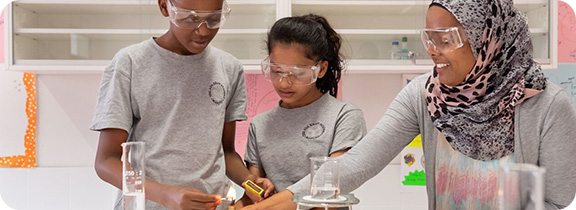
Middle Years Programme
The Aga Khan Academy Maputo is a Candidate School* for the Diploma Programme. The Academy is pursuing authorisation as an IB continuum school. These are schools that share a common philosophy — a commitment to high quality, challenging, international education that the believes is important for our students.
What is the MYP?
The MYP is a challenging and exciting inquiry-based curriculum that actively engages students in their learning by encouraging them to make connections between what they study and the wider world. The five-year programme offers students access to a curriculum that is broad and balanced, conceptual and connected. What matters is not absorbing facts that can be repeated but developing ways of thinking that can be applied to new situations.
There are 8 subject groups within the MYP. Here at the Aga Khan Academy in Maputo our students study Portuguese and English language and literature, Portuguese, English and, in MYP3, French language acquisition, humanities, sciences, mathematics, visual arts, design and physical and health education.
In addition to the academic subjects our MYP students also develop leadership skills, library research skills and initiate and participate in service with the community.
In the final year of the programme students complete a personal project that encourages them to strengthen their approaches to learning skills, consolidate prior and subject-specific learning and develop an area of personal interest. In the context of the Aga Khan mission, vision and values it also develops awareness of a community need and seeks to address it in a meaningful way. The personal project is challenging, motivational and interesting as each student develops a personal project independently.
MYP Learners
The MYP promotes open communication, based on mutual understanding and respect. It encourages students to become active, compassionate lifelong learners. The programme is holistic and as such is concerned with developing the whole person. Along with cognitive development, the programme addresses students’ social, emotional and physical well-being. Students are encouraged to become active and caring members of local, national and international communities who respect themselves, others and the world around them. They develop effective communication skills, social skills, self-management skills, research skills and thinking skills that will enable them to adapt to a range of contexts, as they make their way through life.
Assessment for learning
Teachers use a variety of assessment strategies to address the MYP subject-group objectives. The assessment for learning tasks include, among other things compositions, creating solutions or products in response to problems, essays, examinations, investigations, questionnaires, research tasks, performances, presentations, research task and reports.
In the fifth and final year of the MYP, to be eligible for the internationally recognized MYP certificate students must successfully complete eight eAssessments:
On-screen examinations in:
- Language and literature
- Individuals and societies (Humanities)
- Sciences
- Mathematics
- Interdisciplinary learning
ePortfolios (coursework) in:
- language acquisition
- physical and health education, arts or design
- the personal project
Students must also meet the school’s expectations for service and action.
The MYP bilingual certificate additionally requires successful results from on-screen examinations of:
A second language and literature instead of a course in language acquisition
The maximum total score for the IB MYP certificate is 56, with a grade from 1-7 assigned to each required eAssessment.
Students must achieve a total of at least 28 points, with a grade of ‘3’ or higher n each eAssessment component, to be eligible to receive the MYP certificate.
Transition to the IB Diploma (DP)
MYP subject groups form an important common foundation for all students and provide strong alignment with the six subject groups in the DP which follows. The two year DP course encourages depth and breadth of learning and builds on students’ prior learning experiences. This encourages them to become confident, independent learners. It also encourages students to develop their critical thinking skills, self-management and global mindedness. Further, research carried out on behalf of the IB demonstrates that successful DP graduates are much more likely to be enrolled at top higher education institutions than entrants holding other qualifications.
Please visit the Admission Requirements page or contact us to find out more about applying to the MYP programme at the Academy.
*Only schools authorised by the IB Organization can offer any of its four academic programmes: the Primary Years Programme (PYP), the Middle Years Programme (MYP), the Diploma Programme, or the Career-related Programme (CP). Candidate status gives no guarantee that authorisation will be granted. For further information about the IB and its programmes, visit http://www.ibo.org.
2017 Academy Junior School Musical, Dragon Days
The annual Academy Junior School Musical, Dragon Days, was performed at the Junior School Library on the afternoon of Friday 1st December 2017.
Synopsis of Dragon Days
In the pretty, alpine village of Stumbledorf (just a short ‘trip’ away), the overdramatic villagers await a hero to rescue them from the mythical creature whose presence overshadows their otherwise idyllic mountain home. Just in the nick of time, seemingly in fulfilment of an ancient prophecy given by three wizened old crones, Tommy Rumble and his fearsome mother stumble into Stumbledorf, which causes great excitement. Could Tommy finally be the answer to the village’s problems? Can he get fit in time to fight the dragon or will jealousy and mischief thwart his heroic exploits? Has the dragon really developed a taste for goats, or is it just a social media feeding frenzy? Will the village ever be free of its Dragon Days?
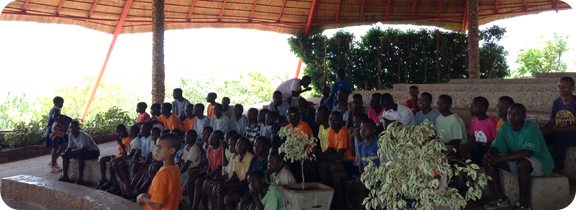
Community Links
The vision set out by His Highness the Aga Khan is for each Academy to become an integral part of the greater community in which it resides. This value applies not only to the students but also to the teachers at each of the Academies.
This focus comes into play at the admissions stage where potential students are chosen not only for their thirst for knowledge and intellectual merit, but also for having a high level of social awareness. This includes the desire to work towards, and instigate, positive change and the potential for leadership in community service.
Community service plays a large part in each of the levels of education offered at the Academies, which in turn allows for graduates that are civic minded. In choosing the sites for each school, special attention is paid to not only what the area can offer the students but also what the Academy can offer the community.
While supporting students in developing an understanding of global issues, the Academies’ educational programmes also reflect great sensitivity to local languages, history, cultures and environment. Each school is committed to inspiring and empowering students to use their gifts for the betterment of humanity.
Creativity, activity, service
In choosing the International Baccalaureate programme, the Aga Khan Academies chose to incorporate the creativity, activity, service (CAS) component.
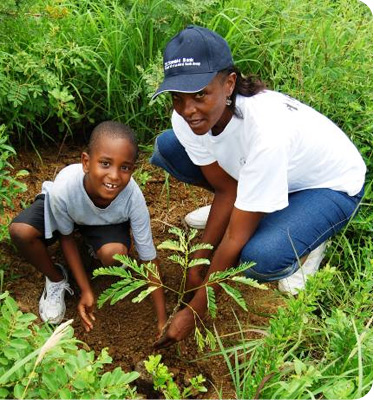
This integral programme is designed to create global citizens through active participation in and reflection upon experiences gained through a variety of creative endeavours, physical activities and community service projects.
Students develop a greater level of self-confidence, teamwork and leadership skills, and a sense of civic responsibility.They take part in sustainable projects that have real and lasting effects on the greater community. And they develop strength of character and an understanding of their ability to bring about change.
The CAS programme is valued for its power to transform not only the lives of students but also those with whom the students interact.
It also serves as a platform for interpersonal exchange, personal growth and greater understanding of the issues we face as a global community.
For more information of our CAS projects in action, visit our school websites.
Professional development outreach
Emphasis on community outreach and service is extended to the staff at each Academy as well, especially the teaching staff.
Each school will incorporate a Professional Development Centre (PDC), which will promote excellence in teaching on campus and strengthen the profession of teaching in the region as well.
"At the Academy, I feel part of a community. I am active in service projects that are making a real and lasting difference to people. I had no idea how important this would become for me."The Academy’s PDC supports excellence in teaching by promoting best practices in teaching and learning and by providing ongoing, collaborative training of Academy faculty as well as teachers and headteachers from neighbouring government, private and not-for-profit schools.
Faculty members are also enriched by opportunities to collaborate with colleagues across the globe and to teach abroad within the Aga Khan Academies network.
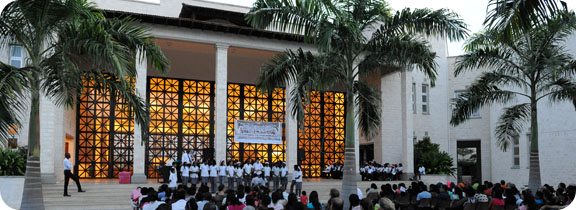
History
In 2000, His Highness the Aga Khan initiated the establishment of the Aga Khan Academies, an integrated network of schools dedicated to expanding access to the highest standard of education.
The Aga Khan Academies is an agency of the Aga Khan Development Network (AKDN), which is chaired by His Highness the Aga Khan. The AKDN has a long history of involvement in education in countries of the developing world, with the first schools now under the AKDN umbrella having been founded in 1905 in India and Zanzibar. Currently, AKDN agencies operate more than 240 schools and educational programmes ranging from early childhood through to post-graduate education.
Establishment of the academies
In 2003, the first of Aga Khan Academy opened in Kenya on an 18-acre site in the Kizingo area of Mombasa. The Aga Khan Academy (AKA) Mombasa has already established a highly successful track record, with its students placing among the top tier worldwide in academic performance.
The Aga Khan Academy Hyderabad is the second to be established and opened with its first intake of students in August 2011. As with all the Aga Khan Academies, AKA Hyderabad selects students of all socio-economic backgrounds who show promise in academic and other areas, and who demonstrate good character and serious intent.
A third Aga Khan Academy, in Maputo, Mozambique, opened in August 2013 with its lower primary school. In 2022, the Aga Khan Academy Dhaka in Bangladesh opened.
Future academies
The other Academies are at different stages in the planning and development process.
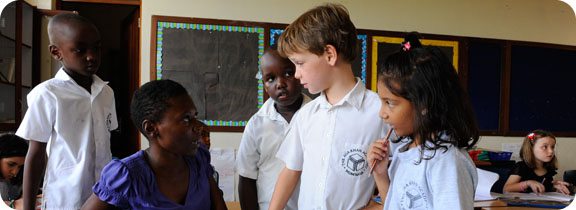
Primary Years Programme
The Aga Khan Academy Mombasa was authorised to offer the Primary Years Programme (PYP) curriculum by the International Baccalaureate in April 2007.
Foundations for lifelong learning
We offer the PYP for students in years 1–5 (aged 6–10). The programme focuses on the development of the whole child. It is geared towards creating independent, confident and respectful learners.
Our classroom curriculum and after-school activities address the children's social, physical, cultural and ethical development while giving them a strong foundation in all the major areas of knowledge.
The curriculum consists of five essential elements:
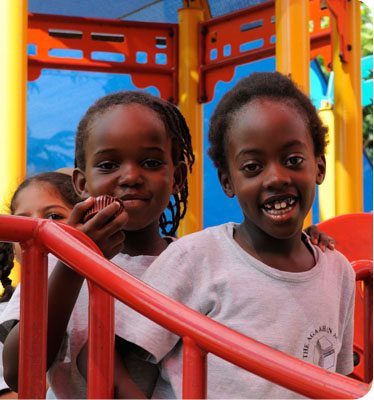
- Concepts
- Knowledge
- Skills
- Attitude
- Action
The core subjects we cover include English language, mathematics, social studies, science and technology. The Primary Years Programme at the Aga Khan Academy Mombasa also includes a beginning computing course, physical education, music, art and Kiswahili.
Students and teachers explore questions in all subject areas using an interactive, student-centred approach. The knowledge element of the curriculum is enhanced by six themes that are studied across the various subject disciplines. These are:
- Who we are
- Where we are in place and time
- How we express ourselves
- How the world works
- How we organise ourselves
- Sharing the planet
The PYP develops well-rounded students who are well versed in all areas of knowledge. They learn to be intellectually curious, principled, caring, open-minded, well balanced and reflective learners.
Please click here to learn more about the PYP Exhibition, which takes place in year 5. The Exhibition is a capstone experience for each PYP student.
Please visit the Admission Requirements page or contact us to find out more about applying to the PYP at the Academy.
